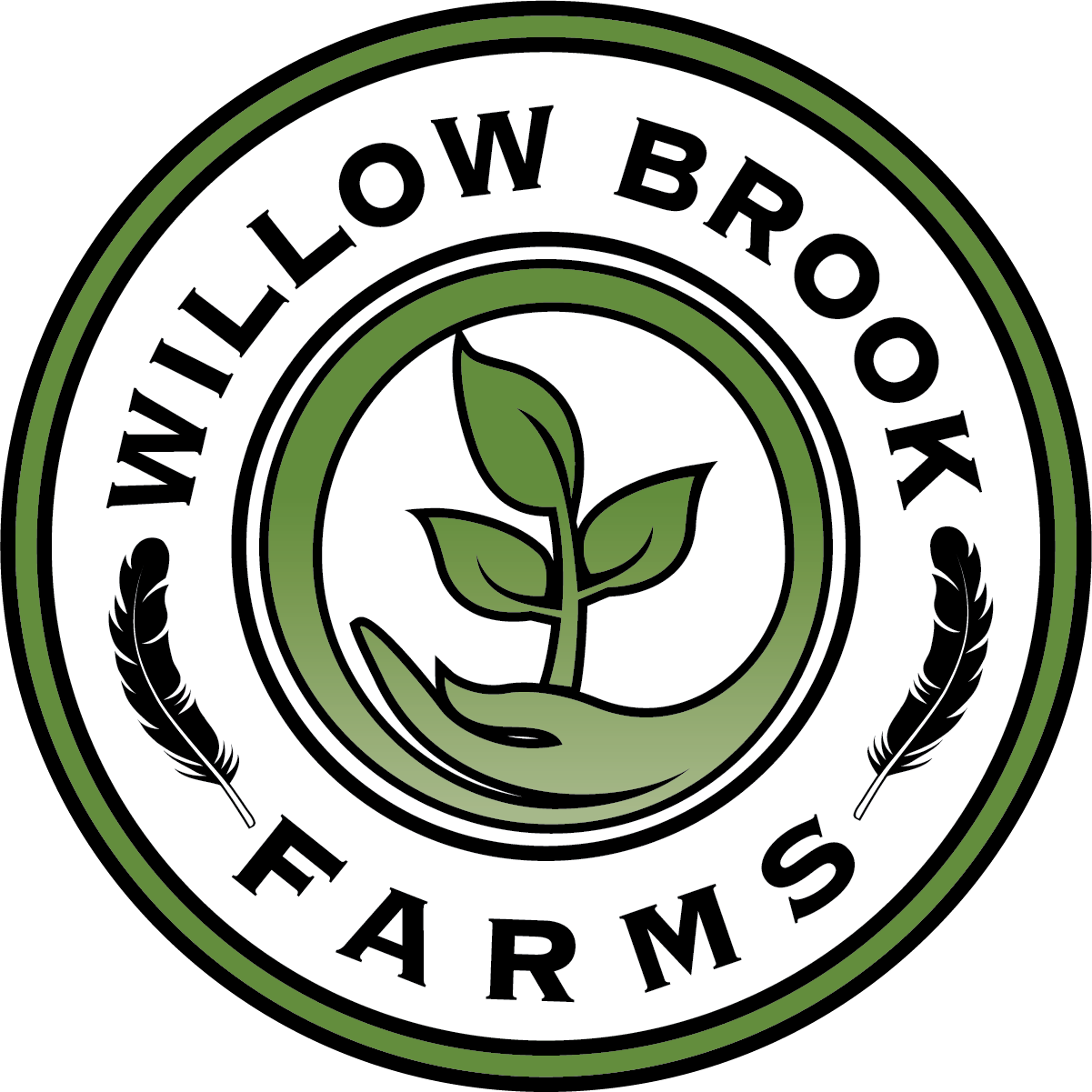Building Resilient Communities Through Local Food Systems
Empower your community to grow its own food, reduce reliance on imports, and strengthen local economies.
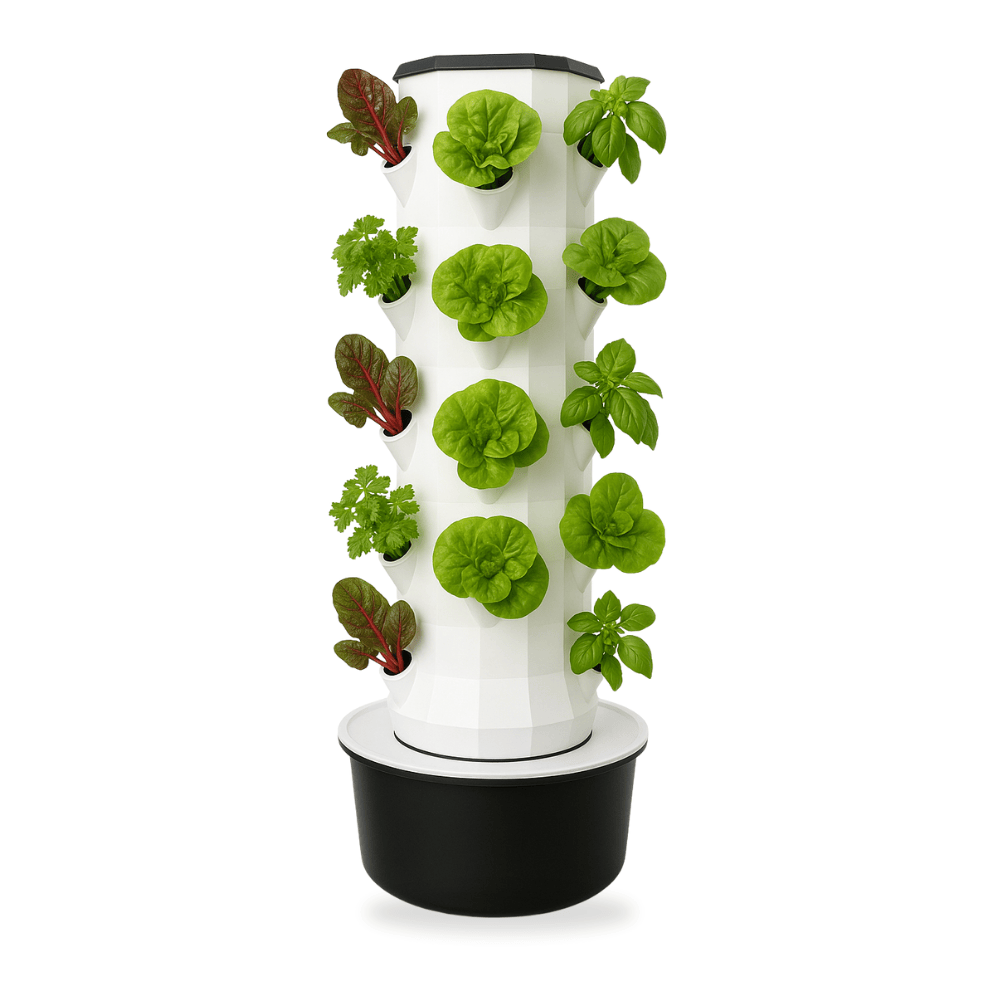
A Community-Driven Approach to Food Security
Nonprofits and advocacy groups play a critical role in ensuring that every community has access to fresh, nutritious food. However, many organizations face significant challenges, from limited funding and resource constraints to infrastructure barriers and growing demand for fresh produce.
At Willow Brook Farms, we understand these challenges. That’s why we’ve developed innovative vertical farming systems designed to help nonprofits grow more food, reach more people, and make a lasting impact. Whether you’re a food bank, urban farm, or community organization, our solutions are built to maximize your mission while minimizing costs.
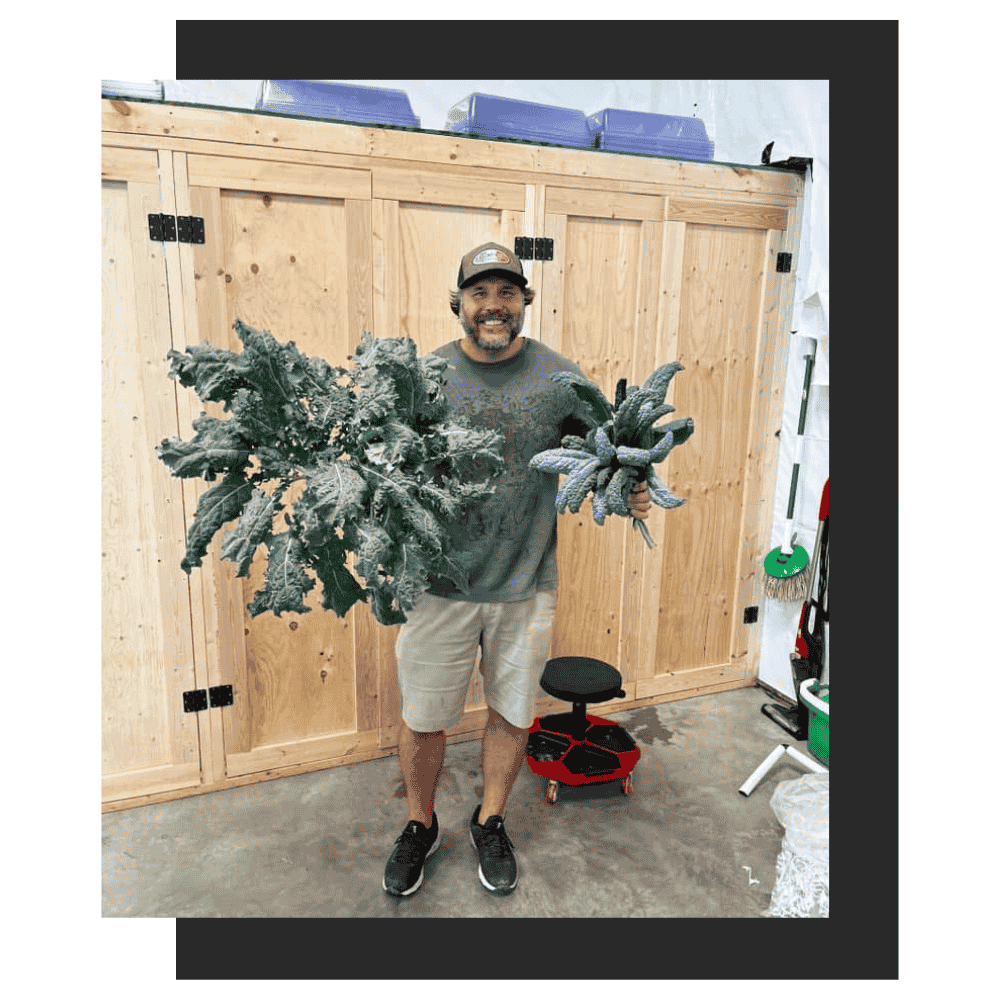
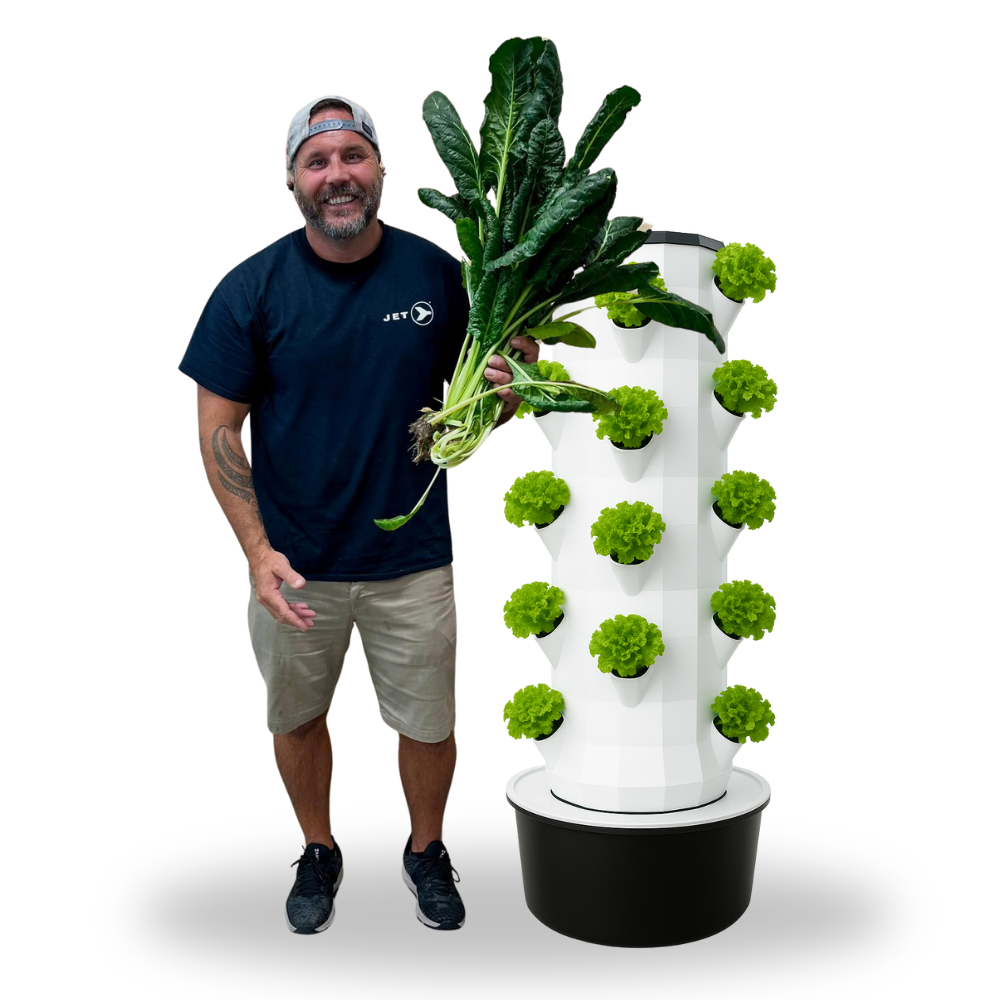
Addressing the Core Challenges of Food Security Nonprofits
Overcoming Limited Access to Fresh, Nutritious Food
One of the biggest challenges for nonprofits is ensuring consistent access to fresh, healthy food. In many communities, the cost of fresh produce is high, and the supply is inconsistent, leaving many families reliant on processed, nutrient-poor foods.
Our vertical farming systems provide a cost-effective and scalable way to grow fresh produce locally, reducing dependency on external suppliers and cutting transportation costs.
- High Yields, Small Footprint – Grow up to 96 plants in just a few square feet
- Year-Round Production – Provide fresh food even in harsh climates or urban environments
- Faster Growth Rates – Grow up to 3x faster than traditional soil farming
- Low Water Use – Use 95% less water than traditional farming, making it ideal for regions with limited resources
This approach empowers nonprofits to increase food security, reduce grocery costs, and improve community health.
Addressing Funding and Financial Sustainability
Nonprofits often struggle to secure the funding needed for long-term impact. Grants can be unpredictable, and donor support can fluctuate, making it challenging to invest in infrastructure like farming systems.
Our towers are designed to be affordable, scalable, and cost-efficient, making them a smart choice for nonprofits:
- Low Upfront Costs – Cost-effective solutions that fit within tight budgets
- Rapid ROI – Produce fresh food at a fraction of the cost of store-bought produce
- Grant and Funding Support – Guidance on applying for education, agriculture, and sustainability grants
This financial flexibility allows nonprofits to stretch their budgets, diversify funding sources, and maximize their impact.
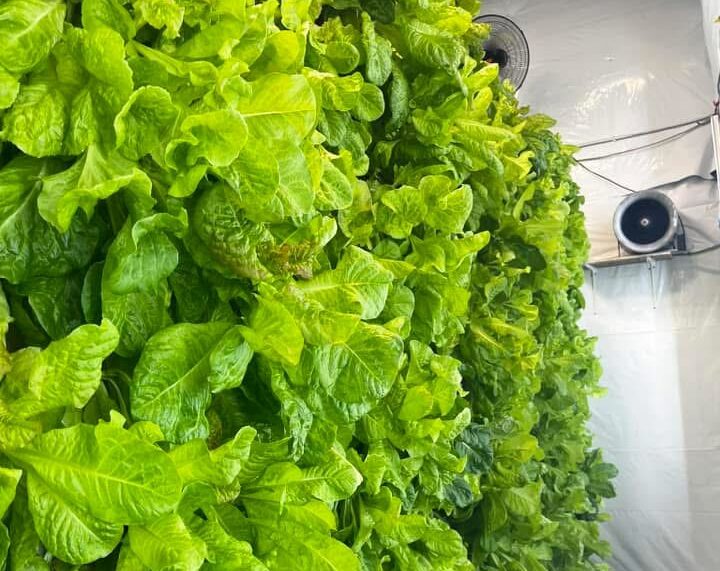
Overcoming Infrastructure and Resource Constraints
Many nonprofits operate in challenging environments with limited infrastructure, space, and staff. Traditional farming is often not an option, particularly in dense urban areas or harsh northern climates.
Our vertical farming systems are designed to overcome these challenges:
- Compact, Scalable Design – Fits in small spaces, from community centers to rooftop gardens
- Easy Setup and Maintenance – No tools required, making it accessible to volunteers and staff without farming experience
- Flexible Power Options – Can be powered by solar panels or battery systems for off-grid operation
This adaptability makes our towers ideal for community gardens, urban farms, and nonprofits working in remote regions.
Building Community Resilience and Local Food Systems
At its core, food security is about community resilience. It’s about giving people the tools they need to grow their own food, reclaim their health, and strengthen their local economies.
Our systems are designed to empower communities to take control of their food systems:
- Local Economic Impact – Create jobs, reduce food import costs, and keep money within the community
- Community Education and Engagement – Teach the next generation about sustainability, nutrition, and food sovereignty
- Long-Term Food Security – Build self-sustaining food systems that reduce dependency on external suppliers
This approach helps nonprofits not just feed their communities, but transform them.
Supporting a Larger Movement – Lights On
When you partner with Willow Brook Farms, you’re not just investing in a piece of equipment—you’re joining a national movement to reclaim food sovereignty and build resilient local food systems.
How the Lights On Movement Makes a Difference
Education and Empowerment
Provides hands-on learning for youth, teaching critical STEM skills and sustainable farming practices
Cultural Preservation
Supports the transmission of traditional knowledge and food practices
Economic Resilience
Helps communities become more self-sufficient and reduce reliance on external food systems
Environmental Impact
Promotes sustainable farming methods that reduce water use and carbon footprints
- Career Pathways – Prepares students for careers in agriculture, science, technology, and environmental conservation
By choosing Willow Brook Farms for your vertical farming program, you’re joining a movement to educate, empower, and inspire the next generation.
Ready to Grow? – Take the First Step
Ready to empower your community through local food production? Partner with Willow Brook Farms to create a more resilient, sustainable future.
- Learn More About Our Systems
- Schedule a Consultation
- Explore Funding and Partnership Opportunities
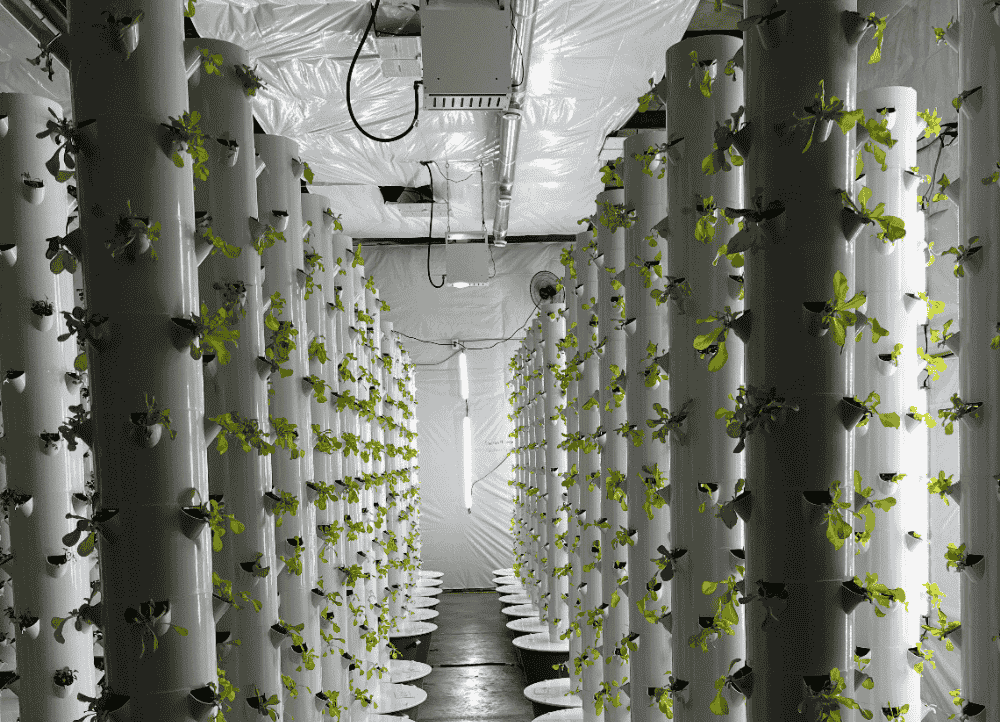
FAQs
How much space do I need for a vertical farming system?
Just 4 to 6 square feet, making it perfect for community centers, rooftops, or multipurpose rooms.
How much water does it use?
95% less than traditional soil farming, making it eco-friendly and cost-effective.
Can these systems work in northern climates?
Yes. Our systems are designed for year-round indoor or outdoor use, even in extreme conditions.
